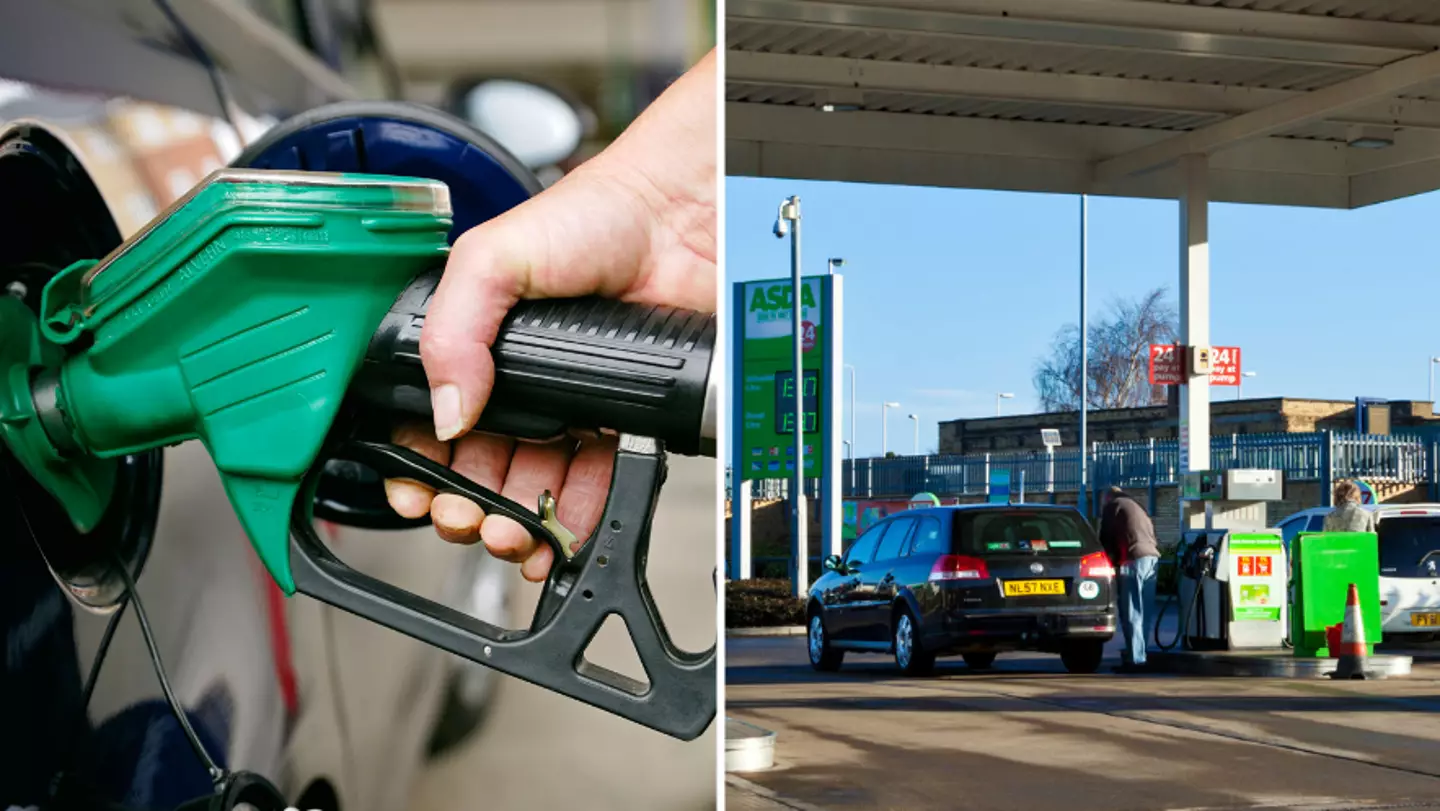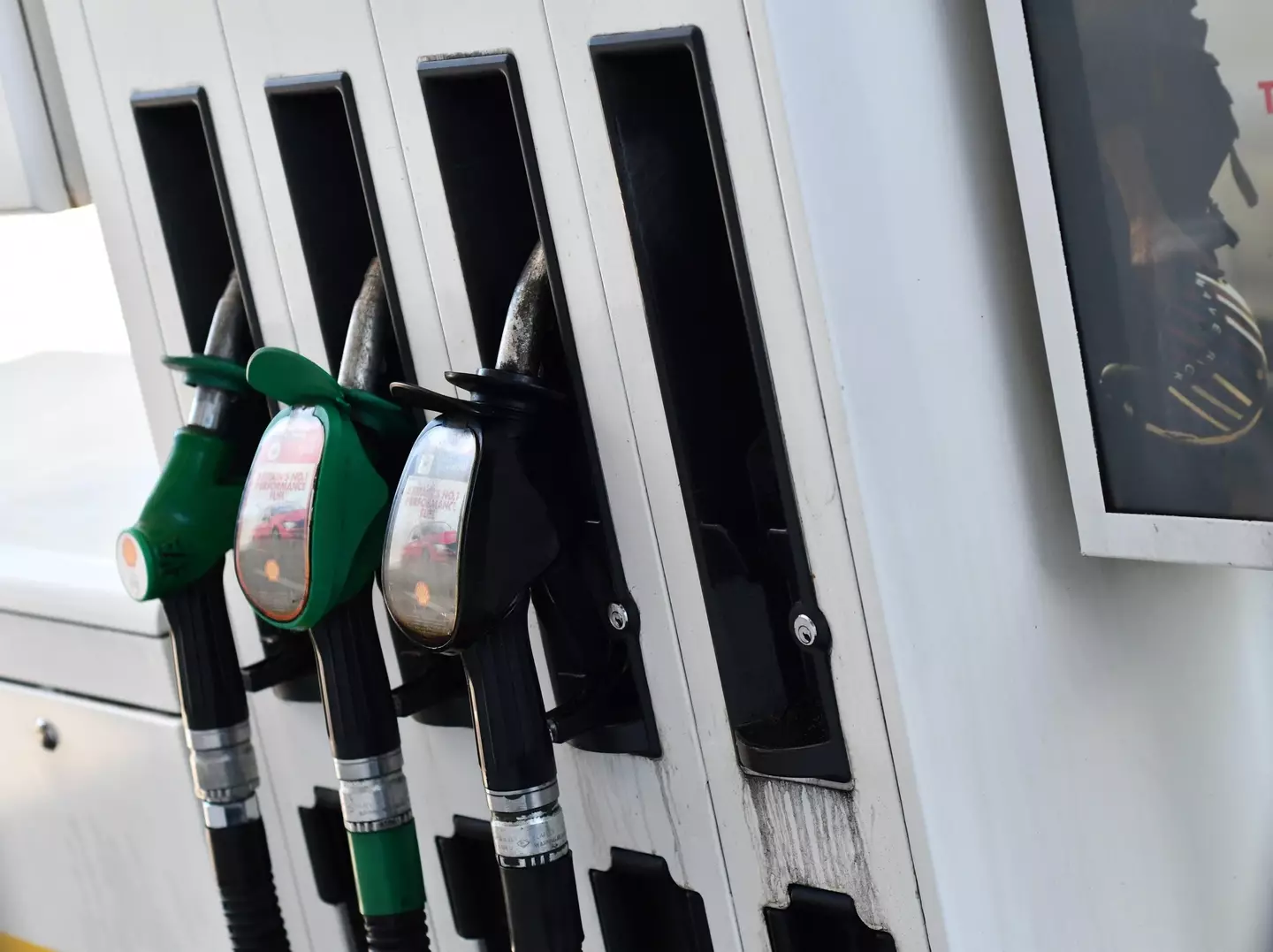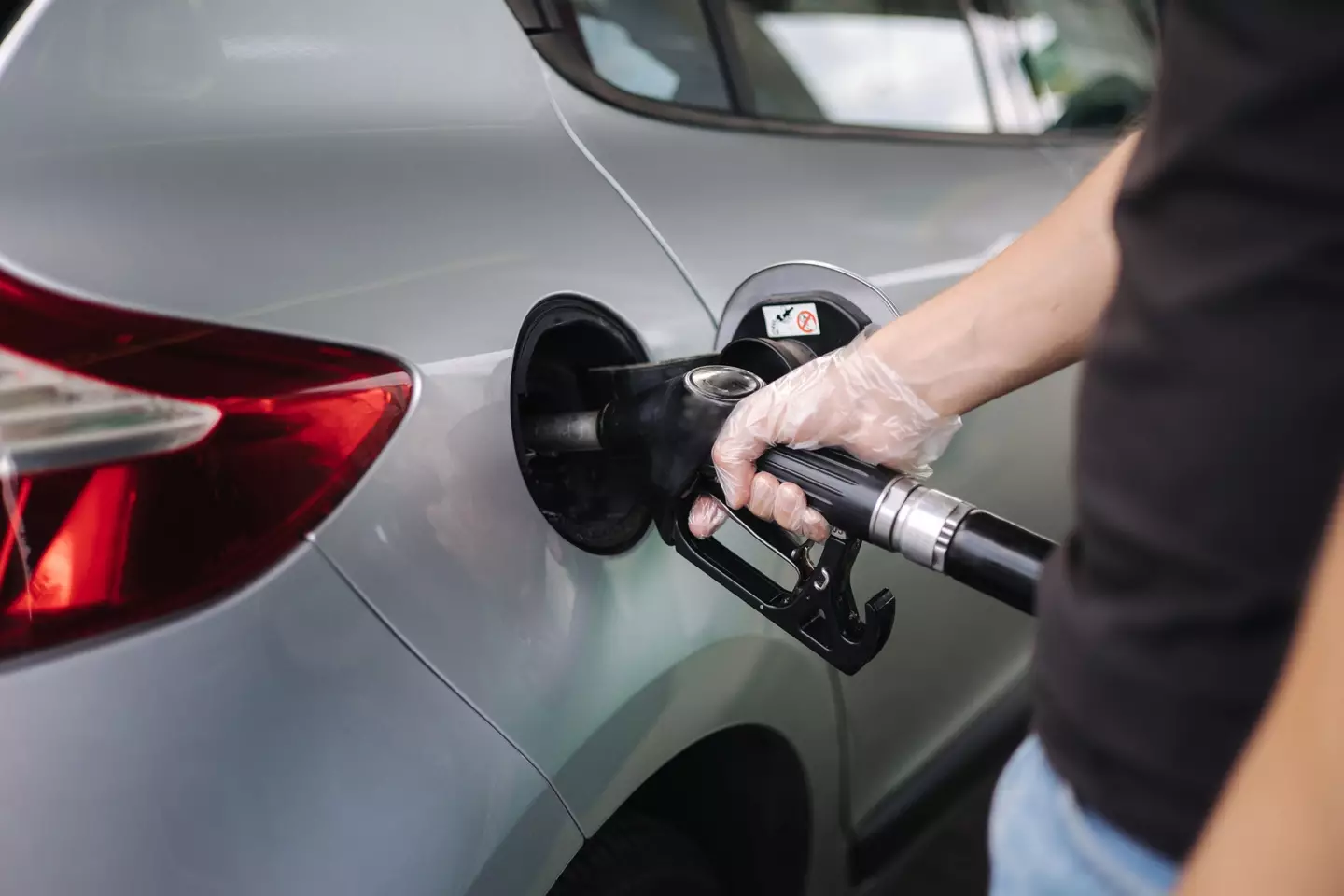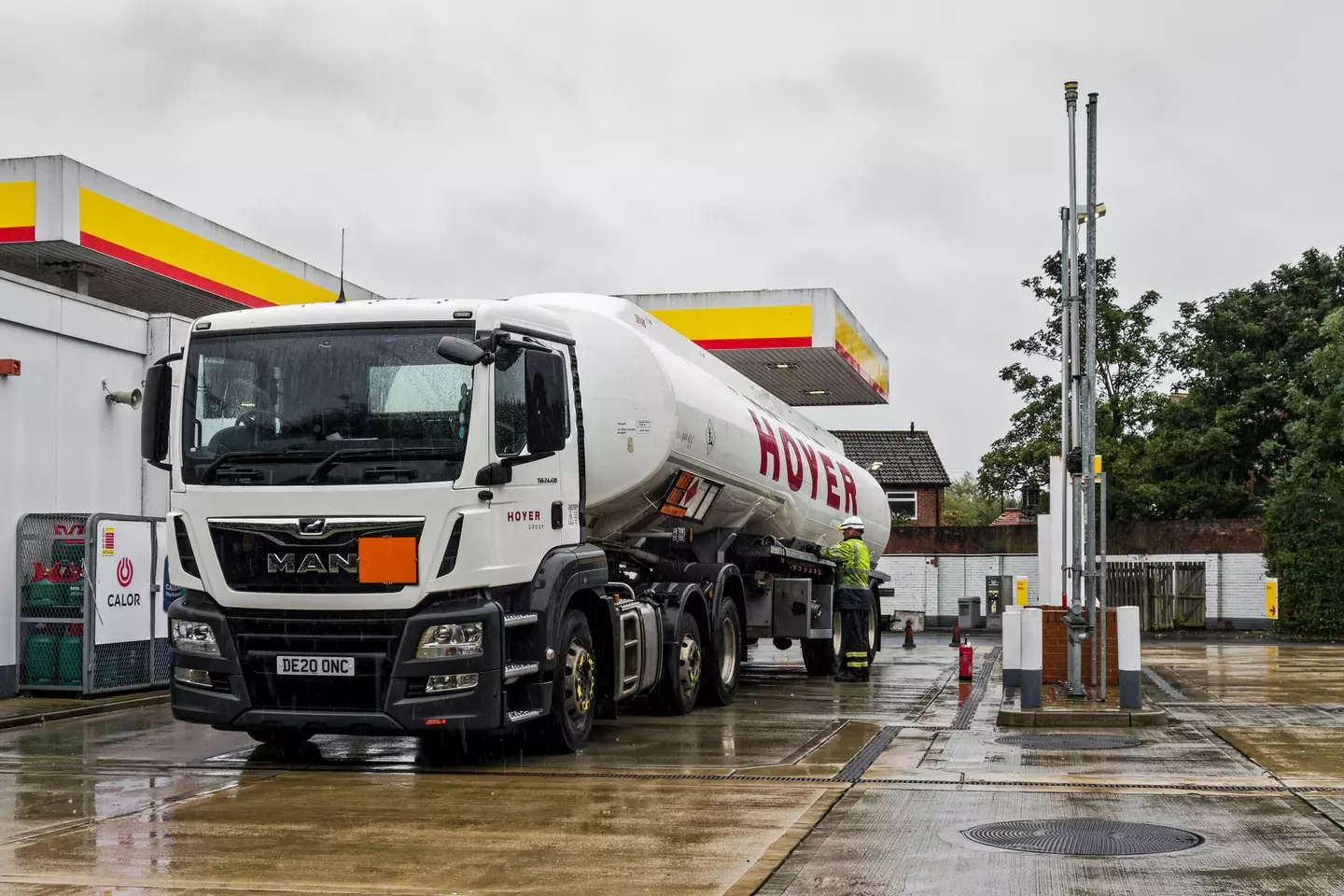
Petrol prices have soared once more, making our car journeys significantly more expensive.
Figures published by the government have found a litre of petrol now costs 152.95p on average, and diesel 158.56p - beating record highs that were only recorded in the UK last week.
The surge in prices are a result of Russia’s invasion of Ukraine, with Russia one of the largest suppliers of crude oil in the world.
Russia supplies over a third of Europe’s oil, with supplies potentially being limited due to their ongoing conflict.
Advert

As of 7th March, the price of a barrel of oil hit £105.80 – its highest price in 14 years.
The rise could soon see drivers paying £2 per litre of petrol at some garages, campaigners fear.
“Another day of record average pump price highs is putting petrol on a rapid journey towards 160p a litre and diesel to 165p,” RAC fuel spokesman Simon Williams said.
Advert
"And as these are averages, far higher prices will be appearing on forecourt totems up and down the country.“
The price hike is another blow to those who are already feeling the impact of the cost of living crisis.

Earlier in 2022, Ofgem announced energy prices will rise by £693 this year.
Advert
The energy regulator made the announcement today, explaining that from 1st April, the average household bills will increase by 54 per cent to £1,971.
It could mean a quarter of British households are expected to face fuel poverty due to the increased cost of living. It also means the steepest ever rise in household bills for Brits.
Inflation has also pushed up the price of food in the UK – the cost of household staples such such as margarine, tomatoes and apples have rocketed by as much as 45 per cent in the past year, official figures show.

Advert
The latest Consumer Price Index figure from the Office for National Statistics found inflation grew to 5.5 per cent in January.
However, wage inflation is far behind; the Office for National Statistics said the annual growth rate for average total pay, including bonuses, increased to 4.3 per cent in the three months to December - resulting in a real term cut of 1.2 per cent.
